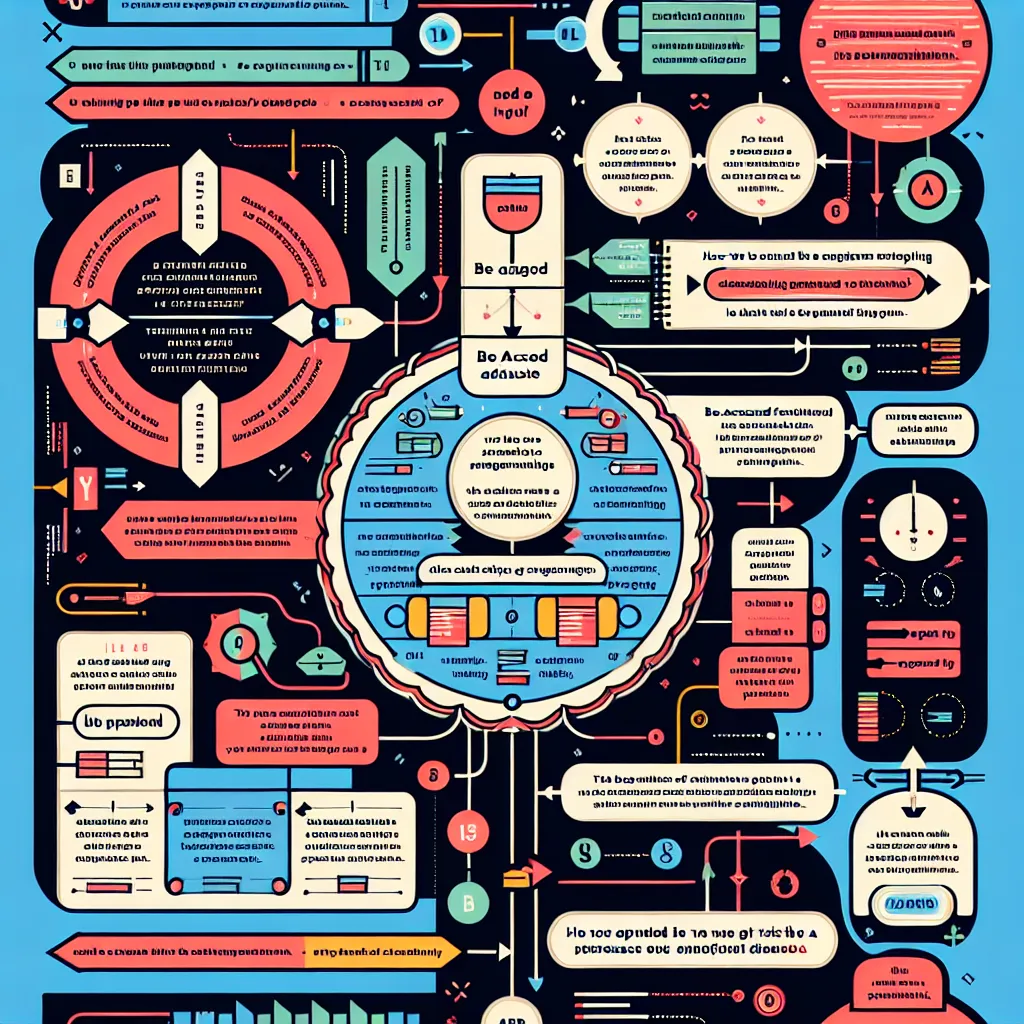In IELTS, the ability to use advanced grammatical structures accurately can significantly boost your score. One such structure is “be accused of + noun/gerund,” which frequently appears in both the Reading and Writing sections. This article will explore its usage, provide examples, and offer tips to help you master this construction for your IELTS exam.
Understanding “Be Accused of + Noun/Gerund”
The phrase “be accused of” is used to describe a situation where someone is charged with or blamed for doing something wrong or illegal. It’s often followed by a noun or a gerund (verb + -ing form) that represents the alleged wrongdoing.

Grammar Structure
The basic structure is:
[Subject] + [be] + accused of + [noun/gerund]
Examples:
- He was accused of theft.
- They are being accused of cheating on the exam.
- The company has been accused of violating environmental regulations.
- She is accused of spreading false information.
- The politicians were accused of corruption.
In each example, the bolded part shows the complete structure. Notice how the verb “be” changes according to tense and subject, while “accused of” remains constant.
Using “Be Accused of” in IELTS Writing
Task 1 (Academic)
While less common in Task 1, you might encounter this structure when describing legal or ethical issues related to data:
“According to the graph, the number of companies accused of data breaches increased significantly between 2010 and 2020.”
Task 2
This structure is particularly useful in Task 2 essays, especially when discussing social issues, crime, or ethics:
- “In recent years, many corporations have been accused of exploiting workers in developing countries.”
- “Some critics argue that social media platforms should be accused of spreading misinformation.”
- “While politicians are often accused of making empty promises, it’s important to examine their actual policies.”
These examples demonstrate how using “be accused of” can add sophistication to your writing and help you express complex ideas more effectively.
“Be Accused of” in IELTS Reading
You may encounter this structure in passages about legal cases, social issues, or historical events. For example:
“The article discusses how several tech giants were accused of monopolistic practices in the early 21st century.”
Understanding this structure can help you quickly identify key information in reading passages.
Common Mistakes and How to Avoid Them
-
Incorrect preposition: Using “for” instead of “of”
Incorrect: He was accused for stealing.
Correct: He was accused of stealing. -
Wrong verb form: Using infinitive instead of gerund
Incorrect: They are accused of to cheat.
Correct: They are accused of cheating. -
Passive voice confusion: Forgetting to use “be”
Incorrect: The company accused of polluting the river.
Correct: The company was accused of polluting the river. -
Tense inconsistency: Mixing tenses incorrectly
Incorrect: He is accused of committed fraud.
Correct: He is accused of committing fraud. -
Overuse: While it’s a useful structure, overusing it can make your writing repetitive. Vary your sentence structures for better flow.
Enhancing Your IELTS Score with “Be Accused of”
To achieve a higher band score (7+), use this structure accurately and in context. Here’s a comparison:
Band 6: “Many people say big companies do bad things to workers.”
Band 7+: “Multinational corporations have been accused of exploiting workers in developing countries, raising concerns about global labor practices.”
The Band 7+ example demonstrates more sophisticated vocabulary and grammar, including the correct use of “be accused of.”
Conclusion
Mastering the “be accused of + noun/gerund” structure can significantly enhance your IELTS performance. Practice using it in various contexts, and remember to vary your sentence structures. As you prepare, you might encounter related phrases like “be charged with,” “be blamed for,” or “be suspected of.” Understanding these nuances will further improve your language proficiency and IELTS score.